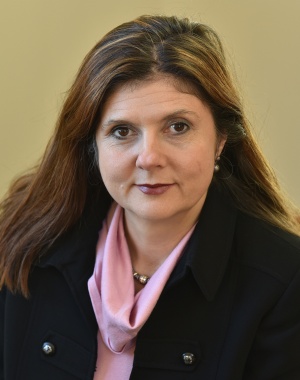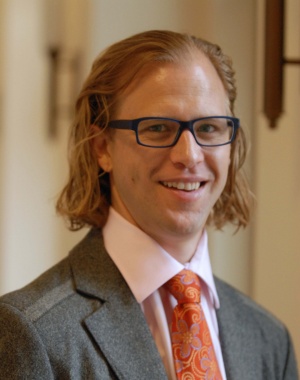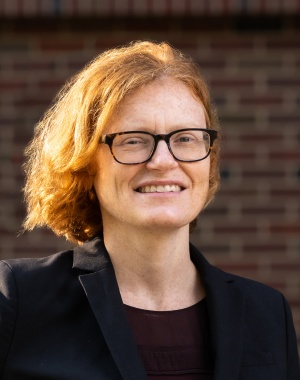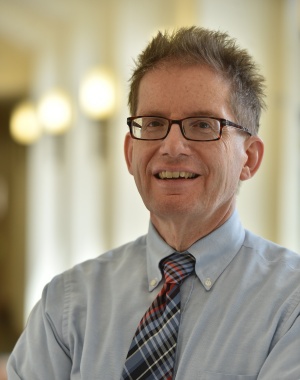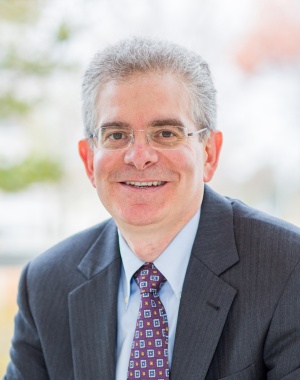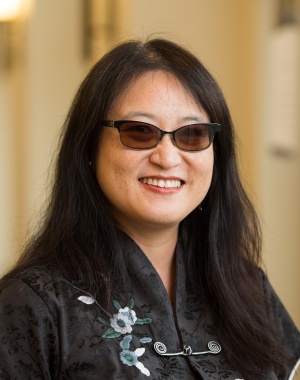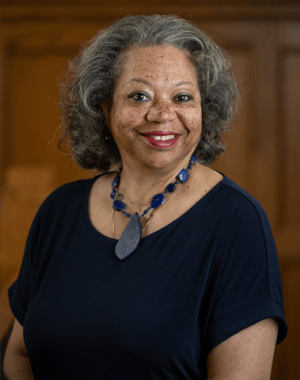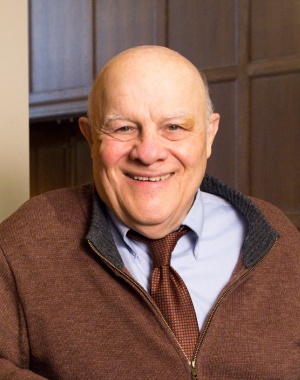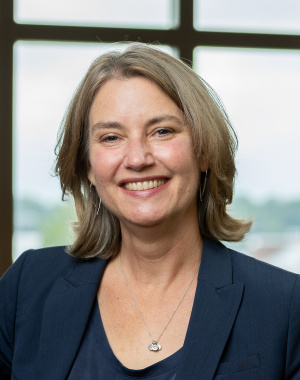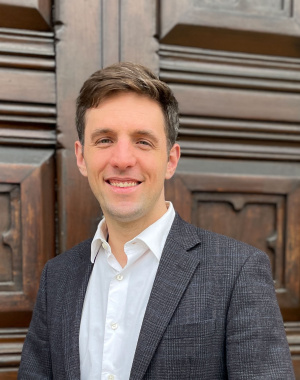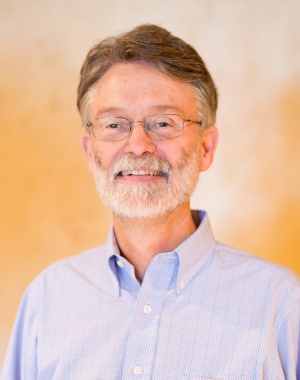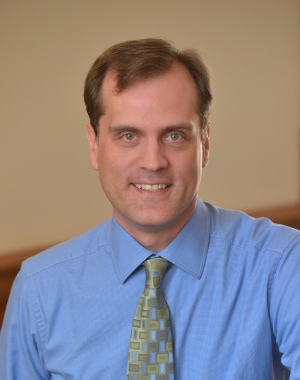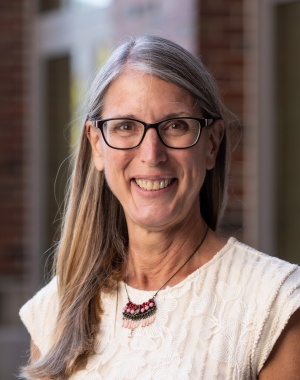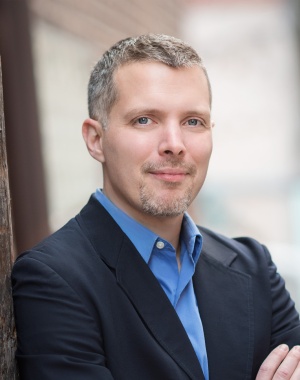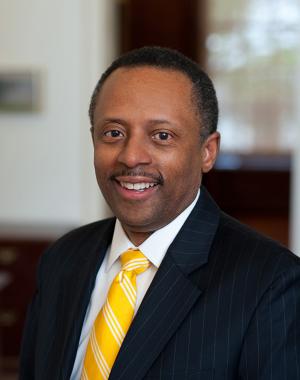
The University of Michigan has published an experts guide to the 2024 elections. Ford School faculty are available to offer insights on relevant issues impacting the elections, including the following:
Economics
Betsey Stevenson, professor of public policy and economics, is an expert on women’s labor market experiences, the economic forces shaping the modern family, and how labor market experiences and economic forces on the family influence each other.
Contact: [email protected]
Justin Wolfers, professor of public policy and economics, has research interests include labor economics, macroeconomics, political economy, social policy, law and economics, and behavioral economics.
Contact: [email protected]
Education Policy
Christina Weiland, associate professor of education, can discuss the effects of early childhood interventions and public policies on children’s development, especially on children from low-income families. She is particularly interested in the active ingredients that drive children’s gains in successful, at-scale public preschool programs
Contact: 734-615-1530, [email protected]
Environment/Climate/Energy
Barry Rabe, professor of public policy, political science, and environment and sustainability, is a nonresident senior fellow at the Brookings Institution. He examines the political feasibility and durability of environmental and energy policy, with a particular emphasis on efforts to address climate change in the United States and other nations.
Contact: [email protected]
Health Care
John Ayanian, director of the Institute for Healthcare Policy and Innovation, and professor of internal medicine, public health and public policy, is a longtime researcher on how access to health insurance affects individuals’ access to health care, the quality of care they receive and their health outcomes.
Contact: [email protected]
Helen Levy, research professor of public health and public policy and at the Institute for Social Research, can discuss the causes and consequences of lacking health insurance and the role of health literacy in explaining disparities in health outcomes. Her research includes evaluation of public health insurance programs.
Contact: [email protected]
Immigration
Ann Lin is an associate professor of public policy and director of the Lieberthal-Rogel Center for Chinese Studies, She studies potential immigration policies, such as guestworker programs and legalization, and the political beliefs of American immigrants, with a specific focus on Arab Americans.
Contact: [email protected]
International Policy
John Ciorciari, associate professor of public policy, conducts research on international law and politics in the Global South, international relations in the Indo-Pacific region, and international criminal justice.
Contact: [email protected]
Susan D. Page is a professor of practice in international diplomacy and law. She has deep expertise in international relations, and was the first ambassador to the newly independent South Sudan.
Contact: [email protected]
Melvyn Levitsky, professor of international policy and practice, spent 35 years as a U.S. diplomat, including serving as an ambassador to Brazil and Bulgaria.
Contact: [email protected]
Michigan
Tom Ivacko is executive director of the Center for Local, State, and Urban Policy, which conducts the Michigan Public Policy Survey.
Contact: [email protected]
Politics/Campaigns
Jenna Bednar is a professor of political science and public policy. Her research combines positive political theory and systems theory to study how formal institutions, such as laws, electoral rules, or constitutions, remain effective in complex environments.
Contact: [email protected]
Devin Judge-Lord is an assistant professor of public policy. He works at the intersection of social movements and technocratic policymaking, studying interactions among interest groups, legislators and bureaucracies. His work focuses on how public pressure campaigns affect agency rulemaking, especially climate and environmental justice campaigns. Other research projects address legislator behavior and capacity, money in politics, lobbying and private governance.
Contact: [email protected]
Richard Hall, professor of political science and public policy, can discuss campaign finance reform, congressional oversight. health politics, and health policy.
Contact: [email protected]
Jonathan Hanson is a specialist in comparative political economy and political development. He examines the ways that political institutions affect economic performance and development. In his recent projects, he has explored how to measure state capacity, the roles of democracy and state capacity for improving human development, and why authoritarian regimes vary significantly in economic and social outcomes.
Contact: [email protected]
Poverty/Social Policy
Kristin Seefeldt, assistant professor of social work and public policy, explores how low-income individuals understand their situations, particularly around issues related to work and economic well-being. She conducts research on family financial coping strategies, and the effects of the recession and recovery policies on individuals’ well-being.
Contact: [email protected]
Luke Shaefer is associate professor of social work and public policy and director of Poverty Solutions. He can discuss the measurement of poverty and alternative metrics for measuring hardship, and has published articles on rising extreme poverty in the U.S. and the effects of major anti-poverty programs and low-wage work.
Contact: [email protected]
Race/Ethnicity
Earl Lewis, director of the Center for Social Solutions and professor of history and public policy, examines and addresses critical questions for our society including the role of race in American history, diversity, equity and inclusion.
Contact: [email protected]
Security
Robert Axelrod, emeritus professor of public policy and political science, can discuss international policy, security and diplomacy.
Contact: [email protected]
You can see the full list of University of Michigan experts here.
